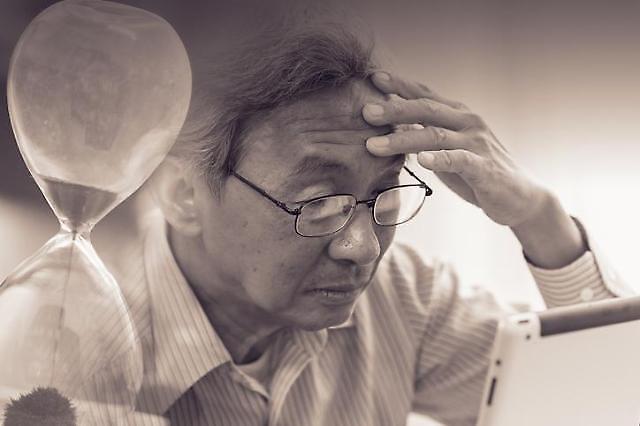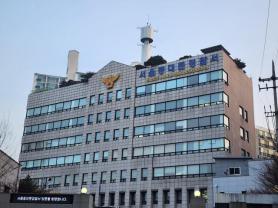
SEOUL -- "Brain Up," an artificial intelligence-based dementia diagnosis application developed by South Korea's elderly care service company Leben Grida, will be commercialized in the second half of 2024. The smart solution engages in verbal conversations with elderly people and monitors cognitive functions by analyzing their speech.
Dementia is a progressive disorder that leads to the degeneration and death of brain cells. Patients often suffer from memory decline. Data released by the National Institute of Dementia showed that the number of dementia patients in South Korea is projected to exceed 3.3 million by 2060. The state-run institute estimated that more than one million South Koreans will have dementia this year.
"Brain Up detects dementia symptoms by observing the elderly's responses to conversations and questions. For example, the solution might initiate a conversation about the Korean War in the 1950s and ask them to share their experiences during the period," Leben Grida CEO Kang Hyun-joo told Aju Korea Daily on January 5. After interacting with various app users, Brain Up can also collect big data to create new storytelling content.
"After carrying out additional tests to upgrade user interface (UI) and user experience (UX), we will commercialize the app in the second half of 2024," Kang said. She added that Lebengrida has worked with a research team led by Kim Ki-joo, an electrical and automotive engineering professor at Tongmyong University.
Demands for AI care services are growing among elderly people who live alone in South Korea with a population of some 51 million. According to Statistics Korea, a state-run statistical information service, the country will become the world's most-aged society by 2067. The proportion of South Koreans aged 65 and above who live alone is gradually increasing from 16 percent in 2000 to 21.1 percent in 2023.
Copyright ⓒ Aju Press All rights reserved.




